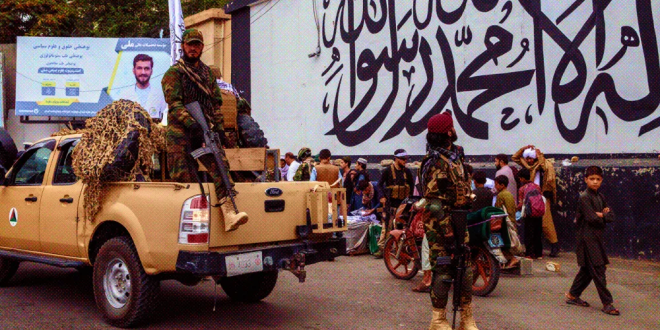US may engage with Taliban amid Afghan humanitarian crisis

KABUL – In a significant shift of approach, the United States is signaling a readiness to deepen its engagement with the Taliban-led government of Afghanistan. This strategic move comes as the Biden administration grapples with balancing human rights concerns and the urgent need to address the country’s devastating humanitarian crisis.
Karen Decker, chargé d’affaires of the US mission to Afghanistan, highlighted this shift, emphasizing the detrimental impact of isolation on both the Afghan people and the broader region. Speaking from the sidelines of a recent donor meeting in Istanbul, Decker underscored the necessity of pragmatic engagement over isolationist policies.
Since the Taliban’s return to power in August 2021, Afghanistan has been plunged into a deepening humanitarian emergency exacerbated by economic turmoil and aid cutbacks. With millions of Afghans in dire need of assistance, the United States is reevaluating its stance, opting for a policy of pragmatic engagement with the Taliban-led government.
However, this shift is not without its challenges. The Taliban’s continued imposition of restrictive measures, particularly concerning women’s rights and media freedoms, has raised concerns among Western capitals and international NGOs. Despite these reservations, there is a growing recognition that avoiding engagement with the Taliban will not address Afghanistan’s complex humanitarian issues.
Decker emphasized the need for a delicate balance between engagement and upholding principles, particularly regarding humanitarian assistance and human rights. She outlined ongoing efforts by US officials based in Qatar to engage with Taliban representatives, primarily focusing on delivering aid directly to the Afghan people through local and international partners.
Nevertheless, navigating engagement with the Taliban remains intricate, as NGOs and aid organizations must operate within the constraints imposed by the Taliban’s regulations. Despite these challenges, Decker noted some progress, citing the absence of famine in Afghanistan as a positive outcome of aid efforts.
Critics, however, remain skeptical of increased engagement with the Taliban, citing ongoing human rights abuses and the risk of legitimizing the group’s authority. Nonetheless, proponents argue that ignoring the Taliban will only exacerbate the suffering of millions of Afghans in need.
Looking ahead, the United States maintains clear red lines, insisting on tangible changes from the Taliban to be considered an official government. While development assistance remains a point of contention, Washington remains cautious, emphasizing the need for substantive policy shifts from the Taliban.
In a complex and evolving landscape, the path forward for US-Taliban engagement remains fraught with challenges. Yet, amidst the turmoil, there exists a growing recognition of the imperative to address Afghanistan’s humanitarian crisis through dialogue and pragmatic engagement, albeit with cautious optimism for tangible progress.
Culled from Afghanistan Times

